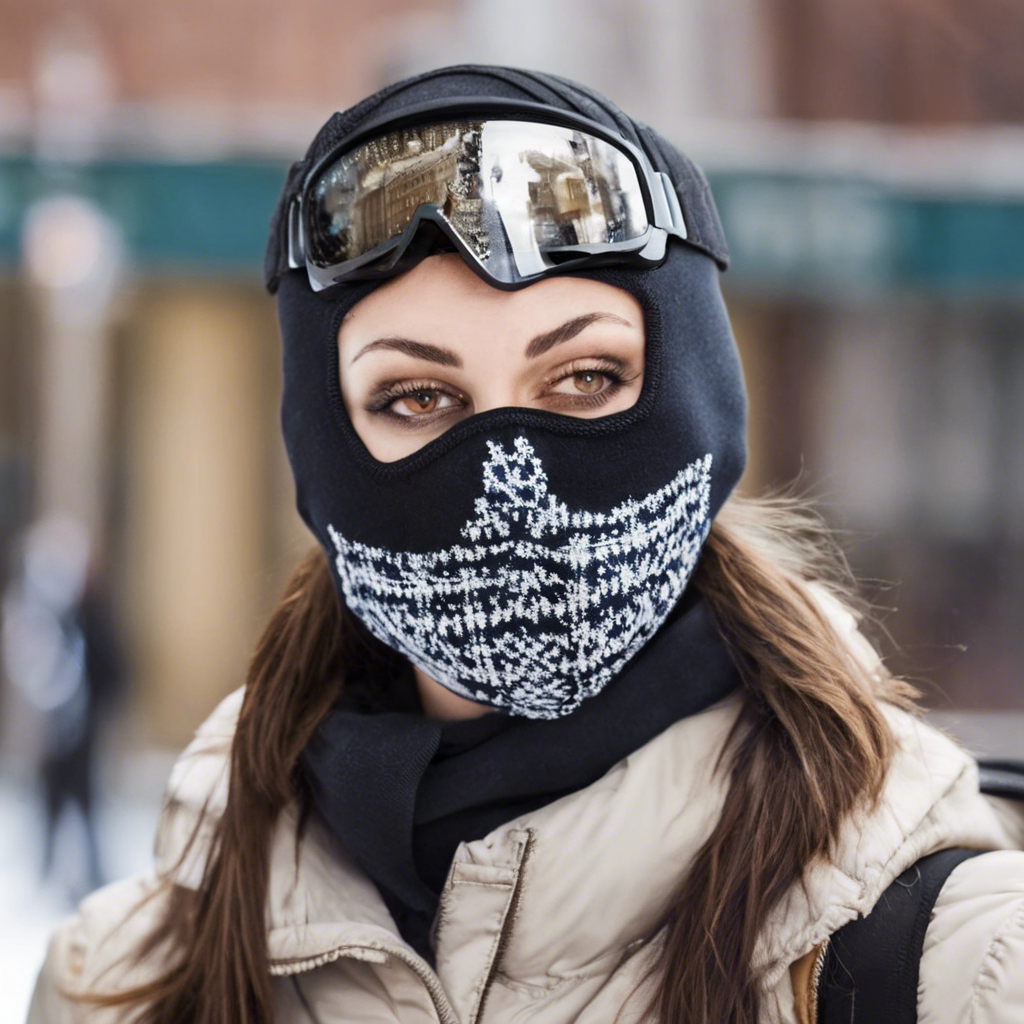Philadelphia City Council Approves Ban on Wearing Ski Masks in Public Areas

New legislation aims to enhance safety and aid law enforcement efforts in Philadelphia
In a move to promote safety and aid law enforcement efforts, Philadelphia’s City Council has passed a bill banning the wearing of ski masks, also known as shiestys or balaclavas, in certain public areas. The legislation, which received a vote of 13 to 2, prohibits the wearing of ski masks in schools, day cares, rec centers, parks, inside city-owned buildings, and on public transportation. Violators of the ban will face a $250 fine, while those who wear ski masks during the commission of a crime will be subject to a $2,000 fee in addition to any other legal consequences. The ban, which follows a similar measure implemented by SEPTA, aims to create a safer and more transparent community.
Enhancing Safety and Identifying Criminal Activity
Councilman Anthony Phillips of the city’s 9th councilmanic district, a proponent of the ban, believes that it will empower the community and ensure their safety. He argues that the legislation will create a safer and more transparent environment for all residents, including those who were not present at the council hearing. Councilmember Isaiah Thomas supports the ban as a means to help law enforcement officials identify individuals involved in criminal activity. He emphasizes the need to prioritize the safety of children and urges young people to refrain from wearing ski masks, stating, “Young people, you got to take them jawns off.”
Divided Opinions and Concerns
While many council members supported the ban, some expressed reservations about its potential impact. Councilwoman Jamie Gauthier, who voted against the bill, voiced concerns that it could further marginalize and criminalize young men, particularly within the Black community. Gauthier called for more support for young people instead of harsher enforcement measures. Her stance changed after hearing public speakers, some of whom wore ski masks, argue against the ban, viewing ski masks as a fashion statement rather than criminal paraphernalia.
Solomon Furious Worlds, an attorney with the Pennsylvania ACLU, raised concerns about the potential for prejudicial policing practices resulting from the ban. He argued that there is no evidence linking ski masks to violent crime and suggested that addressing issues such as housing, food assistance, and childcare would be more effective in reducing crime rates. Critics of the ban, including Mary Henin, president of UAW Local 5502, which represents public defenders in the city, believe that the legislation criminalizes everyday clothing choices and questioned the council’s decision to target popular fashion trends.
Conclusion: Philadelphia’s City Council’s approval of the ban on wearing ski masks in certain public areas reflects an effort to enhance safety and aid law enforcement in the city. While proponents argue that the legislation will create a more transparent and secure community, critics express concerns about potential racial bias and the criminalization of everyday clothing choices. As the ban takes effect pending the mayor’s approval, the city will need to strike a delicate balance between promoting safety and addressing the concerns raised by those who believe the ban unfairly targets certain communities.

